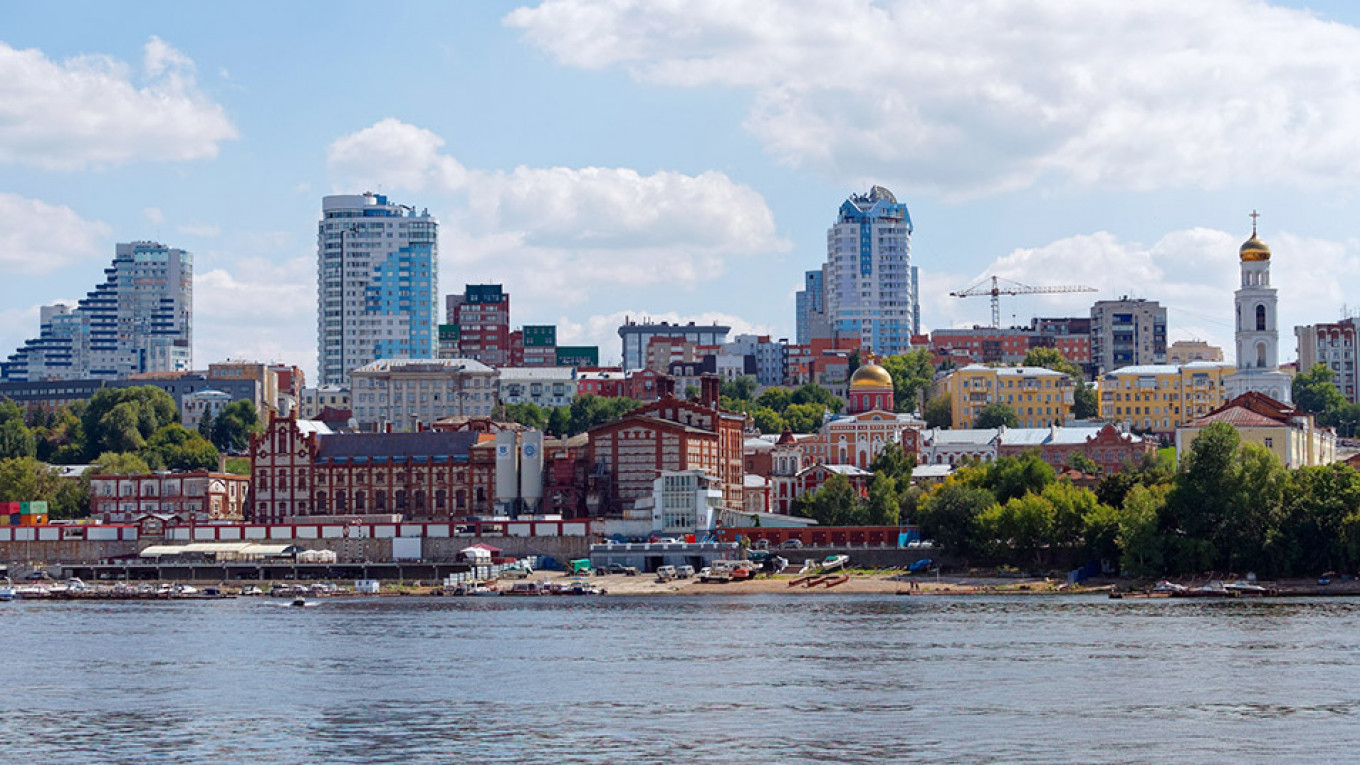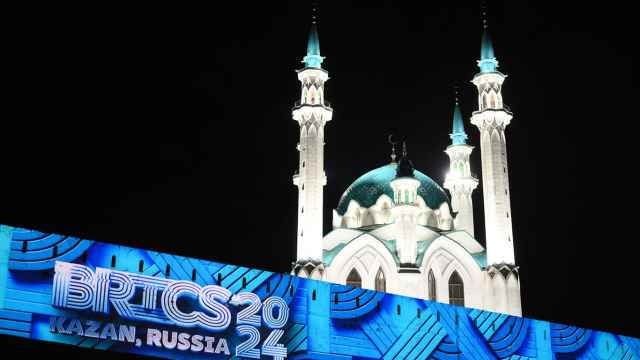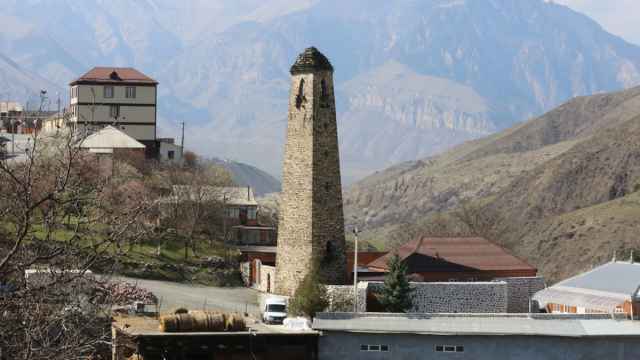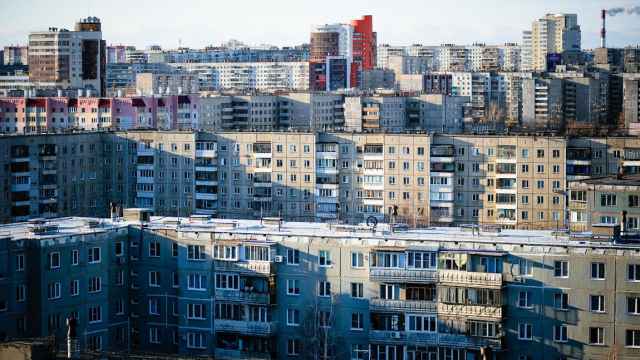Russian cities with populations of 1 million or greater will need at least 100 years to catch up to Moscow’s level of economic development, according to research by the Strelka Consulting Bureau.
The 16 cities contributed almost one-third of Russia’s GDP in 2017, more than half of which came from Moscow, the RBC news website cited the study as saying Monday.
“If Russian cities continue to develop as they did in 2010-2017, then the average [city with a population of] 1 million will need around 100 years to catch up with Moscow in terms of per capita gross product,” Strelka said.
Using gross city product (GCP) per capita to measure the economic disparity, the consulting bureau projected that the cities will reach Moscow's level of development by 2117.
The 16 cities with populations of at least 1 million should increase support for small and medium businesses and attract investment into promising industries within each region, Strelka said.
“We need to start looking at cities as a platform for systemic integrated investment,” RBC quoted Strelka CEO Denis Leontiyev as saying.
A Message from The Moscow Times:
Dear readers,
We are facing unprecedented challenges. Russia's Prosecutor General's Office has designated The Moscow Times as an "undesirable" organization, criminalizing our work and putting our staff at risk of prosecution. This follows our earlier unjust labeling as a "foreign agent."
These actions are direct attempts to silence independent journalism in Russia. The authorities claim our work "discredits the decisions of the Russian leadership." We see things differently: we strive to provide accurate, unbiased reporting on Russia.
We, the journalists of The Moscow Times, refuse to be silenced. But to continue our work, we need your help.
Your support, no matter how small, makes a world of difference. If you can, please support us monthly starting from just $2. It's quick to set up, and every contribution makes a significant impact.
By supporting The Moscow Times, you're defending open, independent journalism in the face of repression. Thank you for standing with us.
Remind me later.






